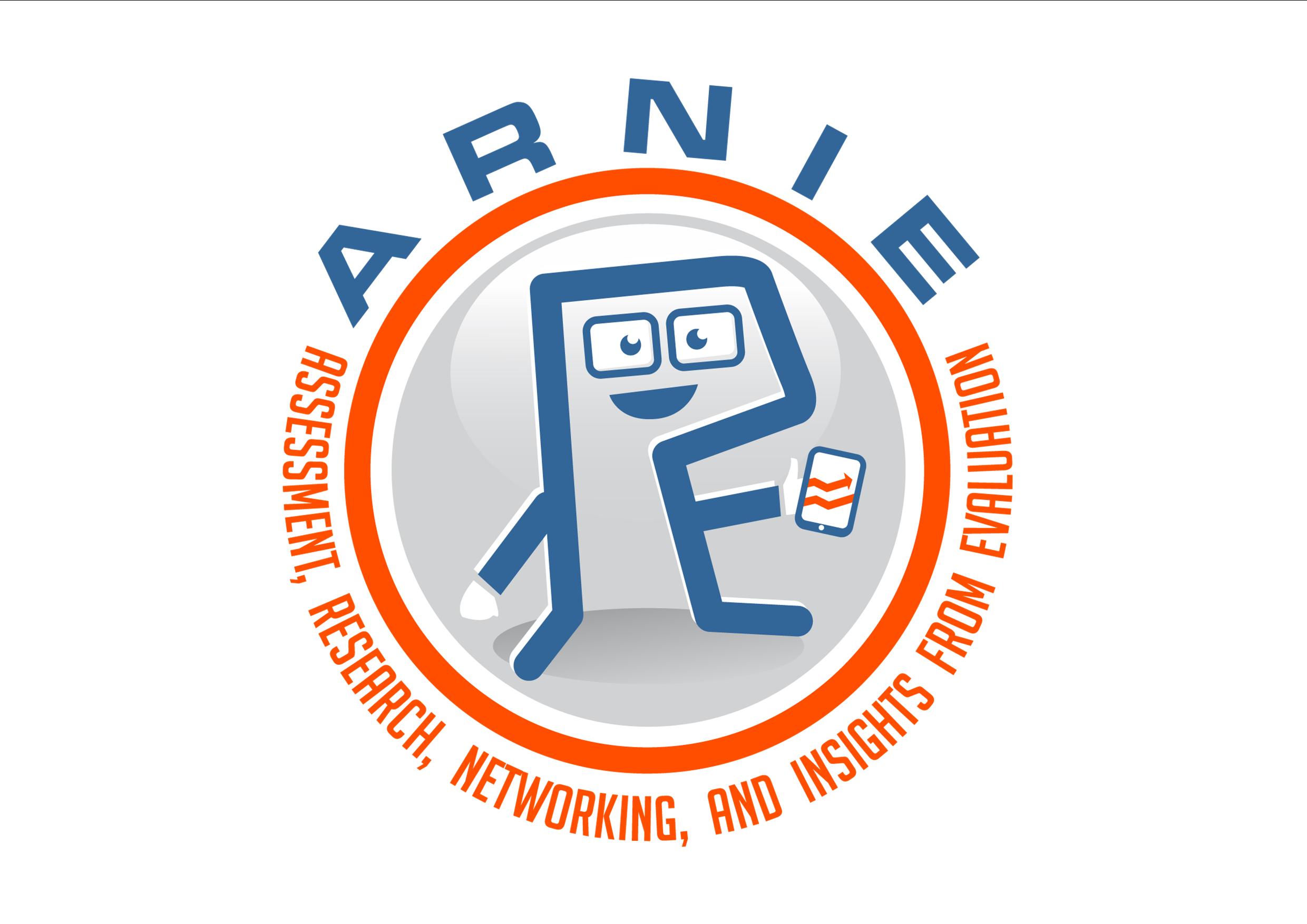Dog-Eared Report Dallas Independent School District, Dallas, Texas
2017-18 Evaluation of Accelerating Campus Excellence (ACE)
Report Description: The Accelerating Campus Excellence (ACE) initiative formed in 2015-16 on the principle that transforming schools requires strong leadership and effective teachers enveloped in an environment of high expectations. Supported by $9,885,862 in general operating funds, the 2017-18 ACE program added a second cohort of six campuses (ACE 2.0) to the original seven-campus cohort (ACE 1.0). The ACE program aimed to improve student achievement by accelerating growth in three areas: people, learning, and expectations. This evaluation reports 2017-18 progress toward outcomes related to these areas. Highlights of findings include: People – Three ACE 1.0 campuses exceeded the district teacher retention rate (73%). Nine ACE campuses and ACE overall employed a minimum of 60 percent of teachers with at least a Proficient I Teacher Excellence Initiative effectiveness level. The rate of teachers with proficient average spot observation ratings varied by campus. Five ACE campuses earned fourth or fifth quintile (most positive) scores on the Culture of Feedback and Support section of the Climate Survey. Learning – Overall rates of kindergarten to grade two ACE students reading on grade level trended upward in 2017-18 as assessed by Istation Indicators of Progress, and ACE students reading on grade level either closed the gap with district rates or exceeded the district by year end. ACE students overall achieved Assessment of Course Performance (ACP) passing rates within 10 percentage points of district rates on 38 (78%) of 49 ACPs in the fall and on three (38%) of eight spring exams. ACE students overall achieved scores at all State of Texas Assessments of Academic Readiness performance standards at rates at least within 10 percentage points of the district in all subjects, and exceeded district one-, two-, and three-year growth rates in most subjects. Expectations – ACE 1.0 campuses reduced disciplinary referrals by 3,391 (87%) over three years, and ACE 2.0 campuses reduced referrals by 1,218 (77%) in 2017-18. Overall ACE attendance rates were comparable to district rates (95%). ACE student and parent perceptions were generally positive. Overall – Twelve of the 13 ACE campuses earned a Met Standard state accountability rating in 2017-18. Primary recommendations were offered regarding: 1) monitoring of transitioning campuses, 2) support and development of campus leaders and teachers, 3) heightened literacy focus, 4) emphasis on behavioral management and parent involvement, and 5) plans for long-term outcome evaluation.
ARNIE’s Comments: So much detail has been provided about how these accelerating campuses are distinguishing their advancement.
Gem Mint 10 Peel District School Board, Mississauga ON Canada
Empowering Modern Learners (EML): 21st Century Learning Phase 1 Evaluation Report
Report Description: In this era of globalization, digitalization, complexity, and constant transformation, both students and educators are expected to develop multidimensional competencies that would allow them to be adaptable, innovative, resilient, empathetic, globally responsible, and technologically skilled lifelong learners (OECD, 2018a, 2018b, WEF, 2015). There has been a growing international effort to identify what knowledge, skills, and values modern students need and how education systems can best develop these skills (OECD 2018a). One of the major education goals of the Ontario Government and the Ministry of Education is to help students “become personally successful, economically productive, and actively engaged citizens” (Ontario Government, 2016, p. 3). As part of this commitment, the Ministry of Education has mapped out 21st century competencies that are taught universally and developed its own framework of 21st century competencies (Ontario Government, 2016). They include (a) critical thinking and problem solving, (b) innovation, creativity, and entrepreneurship, (c) learning to learn, (d) collaboration, (e) communication, and (f) global citizenship. Although there are a number of educational policies in Ontario that include 21st century competencies in their frameworks, there is little direction on how these competencies can be integrated into the provincial curriculum (People for Education, 2018). The RAND Corporation report (2012) suggests that the major reasons for this situation are that 21st century competencies (a) do not fit easily into the traditional system of knowledge transmission, (b) they are not taught and practiced in the same way as literacy and numeracy skills, and (c) they are difficult to assess.
ARNIE’s Comments: The need for more direction on how these competencies can be integrated into the provincial curriculum is as important a statement from this early evaluation as are the competencies identified.

